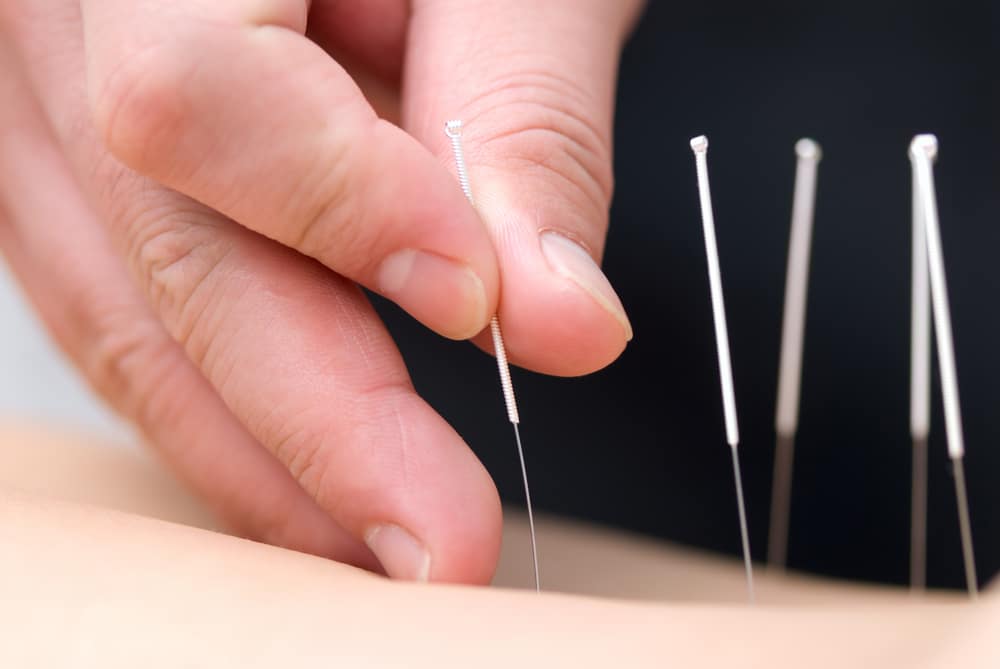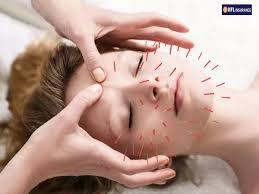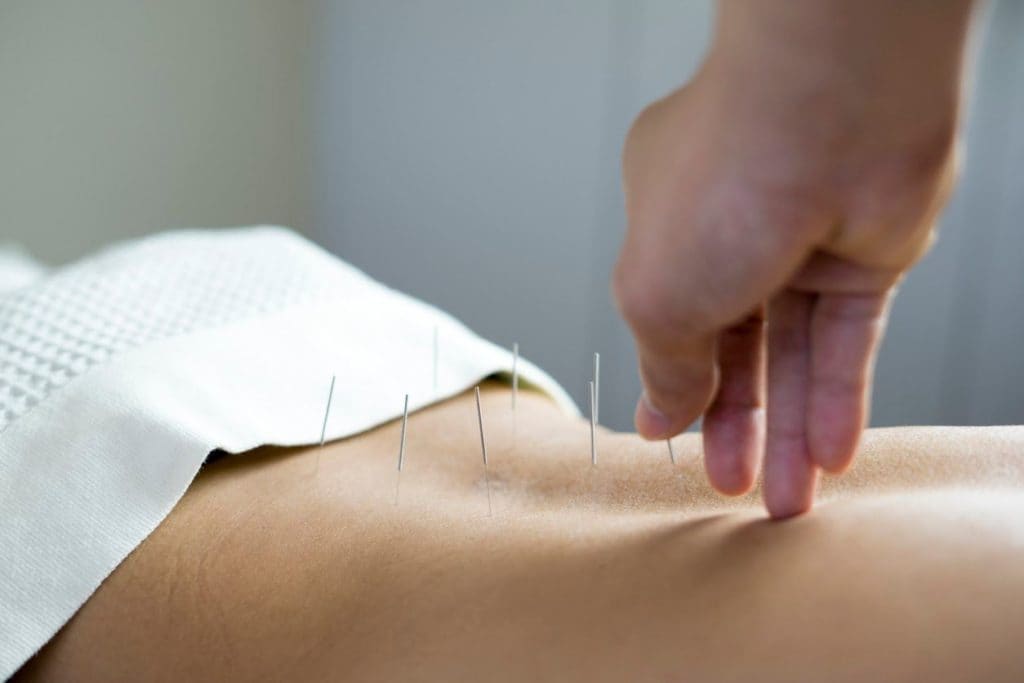Anxiety and stress can be debilitating and can significantly impact a person’s quality of life. Fortunately, there are a range of treatments and therapies available to help manage anxiety and stress. One such therapy is acupuncture, a form of Traditional Chinese Medicine (TCM) that has been used for centuries to treat a range of ailments. But can acupuncture really help reduce anxiety and stress? In this article, we’ll explore this question and look at the potential benefits and risks of using acupuncture for anxiety and stress.
What is Acupuncture?
Acupuncture is a type of Traditional Chinese Medicine (TCM) that dates back thousands of years. It involves inserting very thin needles into the skin at specific points on the body to stimulate the body’s natural healing process. These points are believed to be connected to pathways of energy called meridians that run throughout the body. By stimulating these points, practitioners believe that acupuncture can help restore balance in the body and improve overall health and well-being.
In addition to traditional Chinese medicine, acupuncture is also used in some countries as a form of alternative medicine. While there is still much research to be done on the effectiveness of acupuncture, many people have reported positive results.
How Does Acupuncture Work?
The exact mechanism of how acupuncture works is still not fully understood. However, there are a few theories. One theory is that acupuncture stimulates the nervous system and releases hormones that can reduce stress and improve mood. It is also believed that acupuncture can improve blood circulation and reduce inflammation, which can help reduce pain and improve overall health.
Take an appointment with Optimal health clinic

Additionally, acupuncture is thought to activate the body’s own healing response, which can help to reduce stress and anxiety. Acupuncture is believed to stimulate the release of endorphins, which are neurotransmitters that can help reduce pain, improve mood, and promote relaxation.
Acupuncture for Anxiety and Stress
Acupuncture is often used to help reduce stress and anxiety, as well as manage the symptoms of anxiety and depression. Studies have shown that acupuncture can help reduce stress levels and improve mood. Additionally, acupuncture can help to reduce the physical symptoms of anxiety and stress such as headaches, muscle tension, and stomach upset.
While also reducing the psychological symptoms of anxiety and stress such as restlessness, insomnia, and difficulty concentrating. Moreover, acupuncture may help to reduce the risk of developing anxiety and depression, as well as help manage existing conditions.

Possible Side Effects of Acupuncture
Acupuncture is generally considered safe when performed by a trained and experienced practitioner. However, there are some potential side effects of acupuncture, such as soreness and bruising at the site of the needles, as well as dizziness and fatigue. Additionally, some people may experience an increase in anxiety and stress after an acupuncture session.
It is important to note that acupuncture should not be used as a replacement for conventional medical treatment. If you are experiencing severe symptoms of anxiety or depression, it is important to seek professional help to work alongside acupuncture for treatment.
Alternatives to Acupuncture for Anxiety and Stress
In addition to acupuncture, there are a range of other treatments and therapies available to help manage anxiety and stress. Cognitive behavioral therapy (CBT) is one such therapy that can help to identify and change negative thought patterns and behaviors. Mindfulness meditation is another alternative that can help to reduce stress and anxiety. Additionally, regular exercise, yoga, and deep breathing exercises can be beneficial for managing anxiety and stress.
Finally, it is important to make sure that you are getting enough rest, eating a healthy diet, and avoiding substances such as alcohol and drugs that can exacerbate anxiety and stress.
Conclusion
In conclusion, acupuncture can be an effective treatment for reducing anxiety and stress. It is believed to stimulate the body’s own healing response and release hormones that can reduce stress and improve mood. Additionally, acupuncture can help to reduce the physical and psychological symptoms of anxiety and stress.

However, it is important to note that acupuncture should not be used as a replacement for conventional medical treatment. And it is also important to be aware of the potential side effects of acupuncture. If you are experiencing severe symptoms of anxiety or depression, it is important to seek professional help. Additionally, there are a range of alternative treatments and therapies available to help manage anxiety and stress.
Can acupuncture help with anxiety? The answer is yes, but it is important to make sure that you are getting the right treatment for your individual needs. It is also important to make sure that you are taking other steps to manage your anxiety and stress such as getting enough rest, eating a healthy diet, exercising regularly, and practicing mindfulness meditation.
